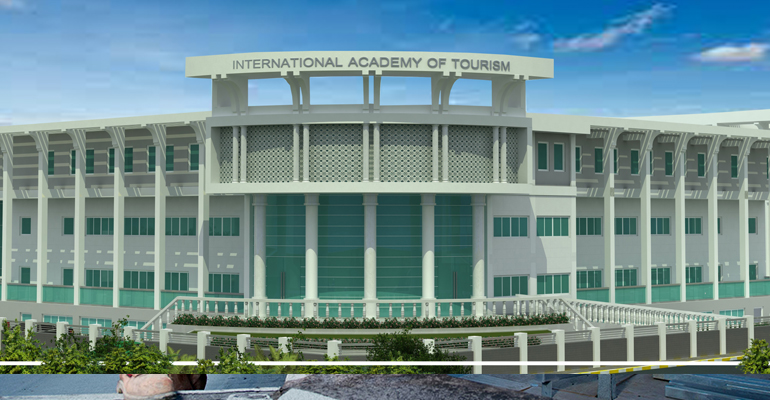ABOUT THE UNIVERSITY
The historic city of Tripoli is the capital of the Greek prefecture of Arcadia on the Peloponnese Peninsula, the most significant city in the region.
This is a modern city that is constantly growing and becoming prettier. The city has perfectly preserved buildings in the neoclassical style, traditional old churches, and all this is perfectly combined with the new architecture of Tripoli. Tripoli is known for its attractions and proximity to archaeological sites of the Hellenic era, as well as unsurpassed cuisine, mass fairs and festivals.
It is a wonderful city to combine study and relaxation!
Infrastructure:
University buildings are built in the Art Nouveau style. The electronic equipment used in the classroom also meets the latest technology. On the territory of the University there are student cafes and a dining room, small park areas, a library, gyms for sports, large lecture halls and classrooms. In addition, students have the opportunity to additionally study classes online.
Science and Achievements:
The Peloponian University was opened on September 20, 2002 with the launch of the Faculty of Computer Science and Technology and the Department of Telecommunications of Science and Technology, Faculty of Science and Technology. Over the years, it graduated more than 100,000 students - professionals in their field! The University has established itself not only in Greece, but also among European Universities.
This is confirmed by numerous awards, as well as participation in international research and scientific programs. In addition, the Peloponian University is a member of the ERASMUS program - a non-profit program of the European Union for the exchange of students and teachers between universities of the countries of the European Union. The program provides an opportunity to study, take an internship or teach in another country participating in the program.
The mission of the University of Peloponius is a creative contribution to the development of higher education in Greece with high quality standards that meet the research content, research and educational requirements of a modern university with a national, European and international scale.
The goal of the university is to provide students with all the necessary skills that are needed to achieve a professional career in a rapidly changing scientific and working international environment. It provides all the conditions for the development of mobility and cultural ties between students in European and neighboring countries, expanding the horizons and level of knowledge of its students.
The staff of the University is staffed with highly qualified academic staff . Now about 6,000 students and graduate students study in it.





